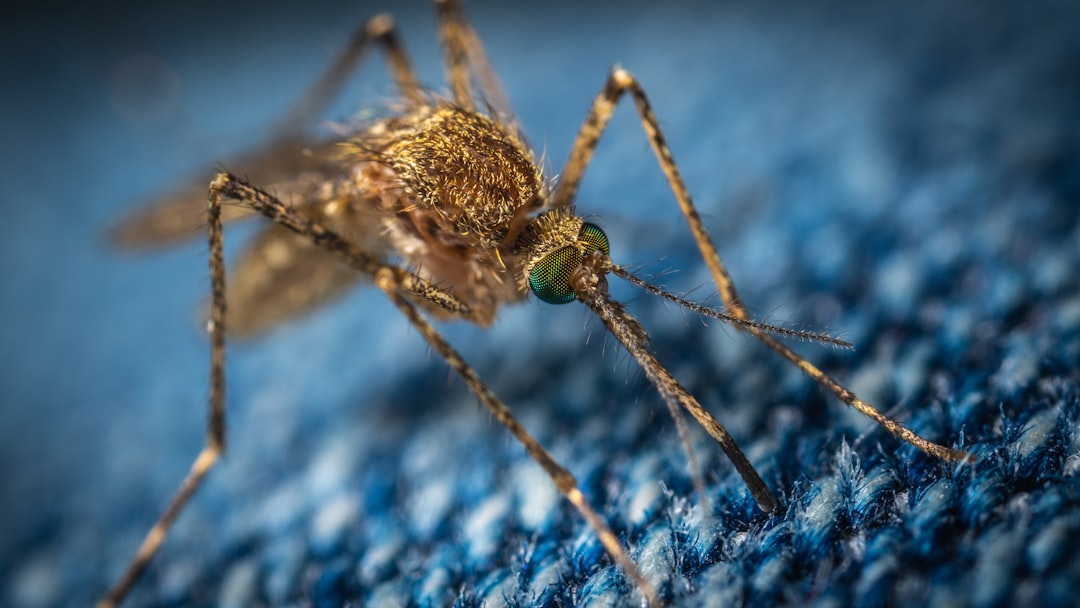What is it about?
This was an RCT set in a United Kingdom National Health Service (NHS) smoking cessation clinic. Smokers were identified from medical records. Subjects that wanted to participate were randomised to a test group that was administered a gene-based risk test and given a lung cancer risk score, or a control group where no risk scorewas performed. Each group had 8 weeks of weekly smoking cessation sessions involving group therapy and advice on smoking cessation pharmacotherapy and follow-up at 6 months. The primary endpoint was smoking cessation at 6 months. Secondary outcomes included ranking of the risk score and other motivators.
Featured Image

Photo by Amritanshu Sikdar on Unsplash
Why is it important?
Only test subjects with a lifetime risk of lung cancer of 40% or more were more likely to quit than control subjects. One subject commented that a 35% lifetime risk was quite acceptable. Oher motivators such as the cost of smoking and pressure from their family were rated as being equally important and the general ethos of the smoking cessation clinic (group counselling and CO breath testing) was rated as being the most significant motivator of all.
Perspectives
As well as motivators, we were able to study de-motivators such as loss of weight control with smoking cessation, peer pressure to continue smoking and side effects of smoking cesation therapy. An unexpected finding was that PTSD makes it very difficult for smokers to quit and research on Vietnam veterans has shown that this is because the nicotin rush is used to neutralise PTSD symptoms such as flash-backs.
Dr John Anthony Alvan Nichols
Royal Society of Medicine
Read the Original
This page is a summary of: Using a genetic/clinical risk score to stop smoking (GeTSS): randomised controlled trial, BMC Research Notes, October 2017, Springer Science + Business Media,
DOI: 10.1186/s13104-017-2831-2.
You can read the full text:
Resources
Contributors
The following have contributed to this page










